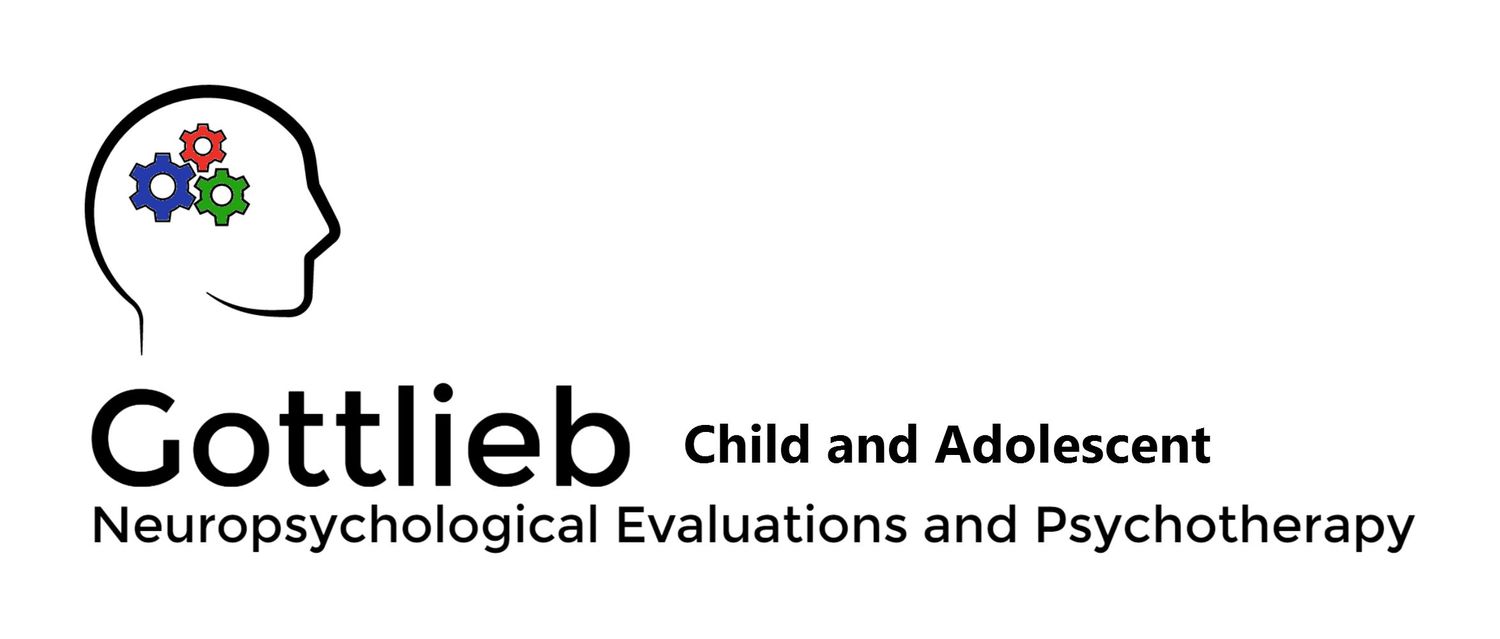Signs of Childhood Depression
/How to know when your child’s behavior is more than just the “holiday blues”
At this time of the year, everywhere you turn you are surrounded with images of gregarious, happy families. Television shows, holiday specials, and social media showcase idealized family gatherings, bountiful piles of gifts, and unbelievably happy people. However, for some children, the holidays can be one of the most difficult times of the year. The expectation that they should be happy and carefree is simply unrealistic. School can be a significant stressor for children during the winter months, and the additional pressure of the holidays can be hard on everyone. This is why so many people suffer from the “holiday blues.”
There are plenty of reasons for unhappiness around the holidays. They create economic stress and time pressure as we rush about to create the “perfect” holiday experience. Families may be dealing with loss, divorce, or other situations that are not depicted in our idealized holiday vision. In addition, the winter holidays come at a time when it’s cold and dark outside, which often leads to fewer opportunities for exercise.
The holidays can also bring up difficult emotions. It is a time when children really miss those family members who have passed away or are too ill to participate in the festivities. Splitting time between divorced parents can be particularly difficult, as children may feel guilty for not spending time with one of their parents, or may not want to spend time with a normally absent parent just because it’s the holidays. For some older kids, midterm exams create additional stress. This can be exacerbated because they typically take place at the same time as major extracurricular activities, like holiday plays and concerts.
General feelings of unhappiness are not the issue though. It is important to distinguish the “holiday blues” from more consistent mood patterns. Depression is a persistent condition that lasts for weeks or months at a time, and interferes with a person’s ability to function in daily life. It has a number of causes, including genetics and neurochemical imbalances, as well as environmental, psychological, and social factors. Here are some of the signs you should monitor for during this season and year-round.
- Increased sadness or irritability. While everyone feels this way sometimes, if your child is feeling this way for more than two weeks, it may be a sign of something more serious.
- Changes in sleeping patterns and appetite. Excitement about the holidays can cause kids to sleep less and eat more. However, you should be looking for the more notable symptoms, such as not wanting to get out of bed, showing extreme fatigue, or not eating regular meals.
- Your child suddenly complains of vague physical ailments, such as headaches or stomachaches, when they are normally quite physically fit and healthy.
- He or she withdraws from activities that used to be his or her favorites, whether it’s sports or after school activities. They could even be losing interest in their favorite hobbies around the house.
- Deteriorating academic performance, losing interest in school, and “playing sick.”
- Reckless and impulsive behaviors such as angry outbursts and hostility. Or perhaps your child starts to express feelings of worthlessness or undue guilt.
- Your child retreats into himself or herself and refuses to tell you what’s wrong. In this case, see if there is someone in his or her life with whom he or she is willing to talk, and if not, seek a professional for him or her to speak with.
It is important to understand that all children express some of these symptoms at times. However, for children experiencing depression, these symptoms interfere with daily function often impacting family life, academic performance, and peer relationships.
If you observe these behaviors in your child, seek professional help for him or her. Unaddressed social and emotional challenges during childhood can increase in severity as children get older and could lead to secondary challenges (e.g., social isolation, learned helplessness, and family turmoil). If your child is showing symptoms of depression during the holidays, address it, and it is quite possible your whole family will have a happier holiday as a result. I look forward to working with you and your child to provide support and guidance. Please don’t hesitate to call me at 703-825-0502 or email me at shira@gottliebchildpsych.com.
Shira Gottlieb, Psy.D., Licensed Clinical Psychologist
Dr. Gottlieb is a licensed clinical psychologist. She received her B.A. in psychology, with a minor in neurobiology, from Harvard University, and her Psy.D. from the George Washington University. Dr. Gottlieb utilizes an integrative approach to therapy, incorporating both CBT and Family Systems techniques. Treatment goals are discussed with the child/adolescent and family, and are developed with the individual child's needs in mind. For more information on Dr. Gottlieb please visit her website at http://www.gottliebchildpsych.com/


